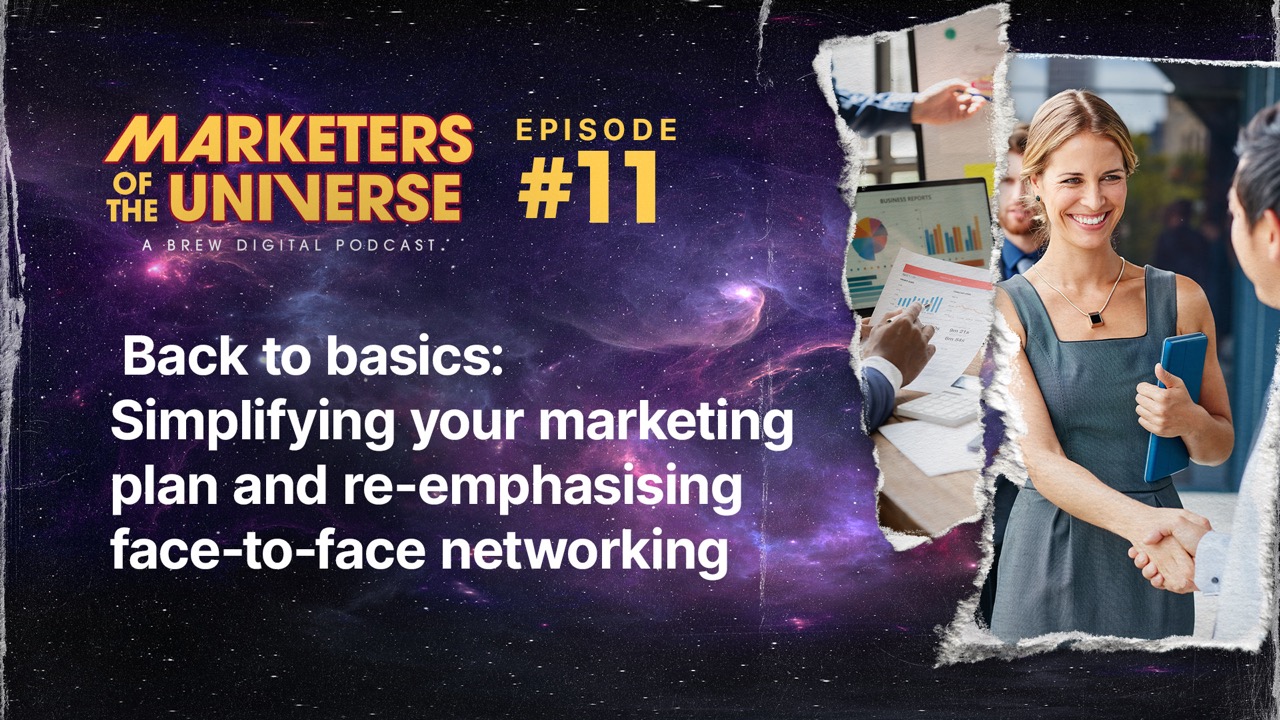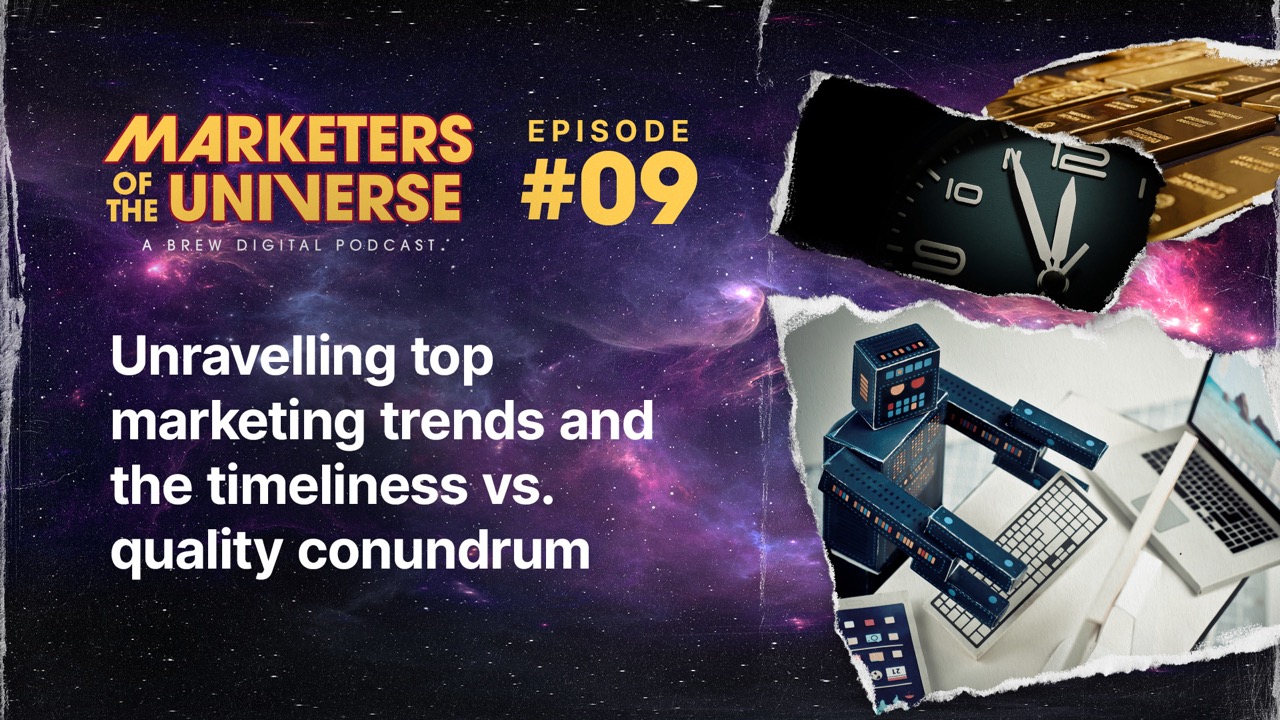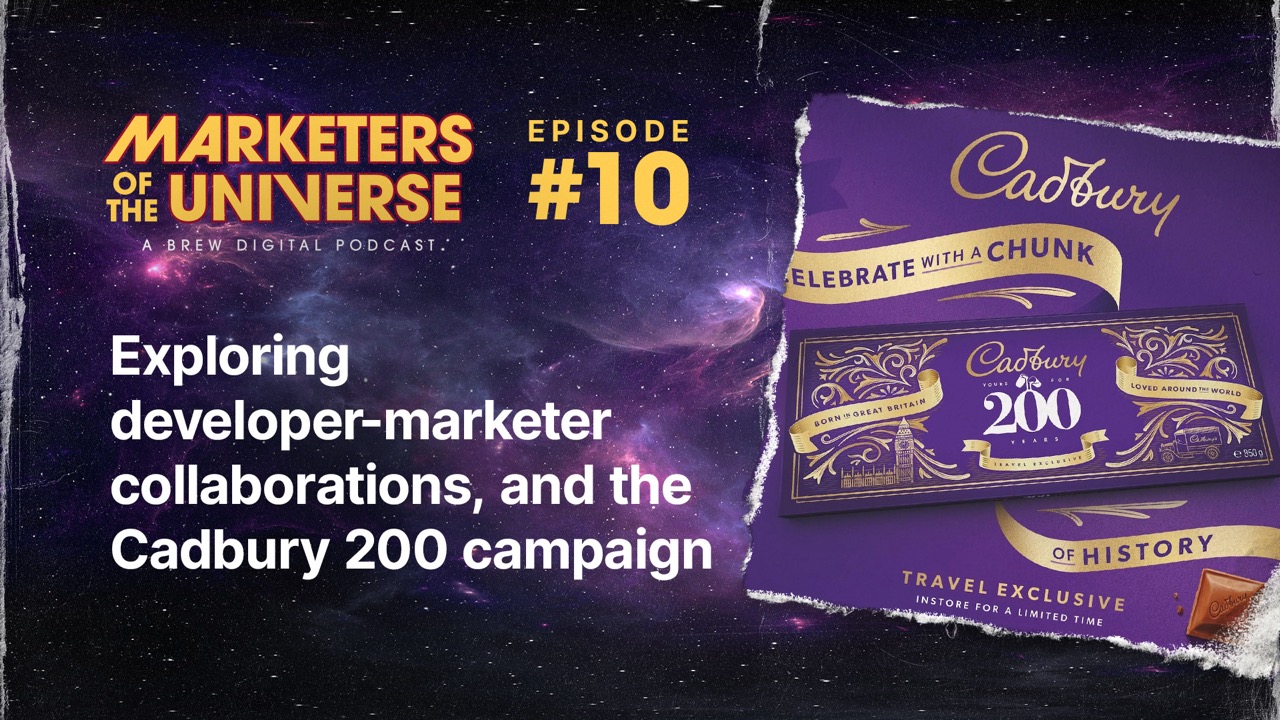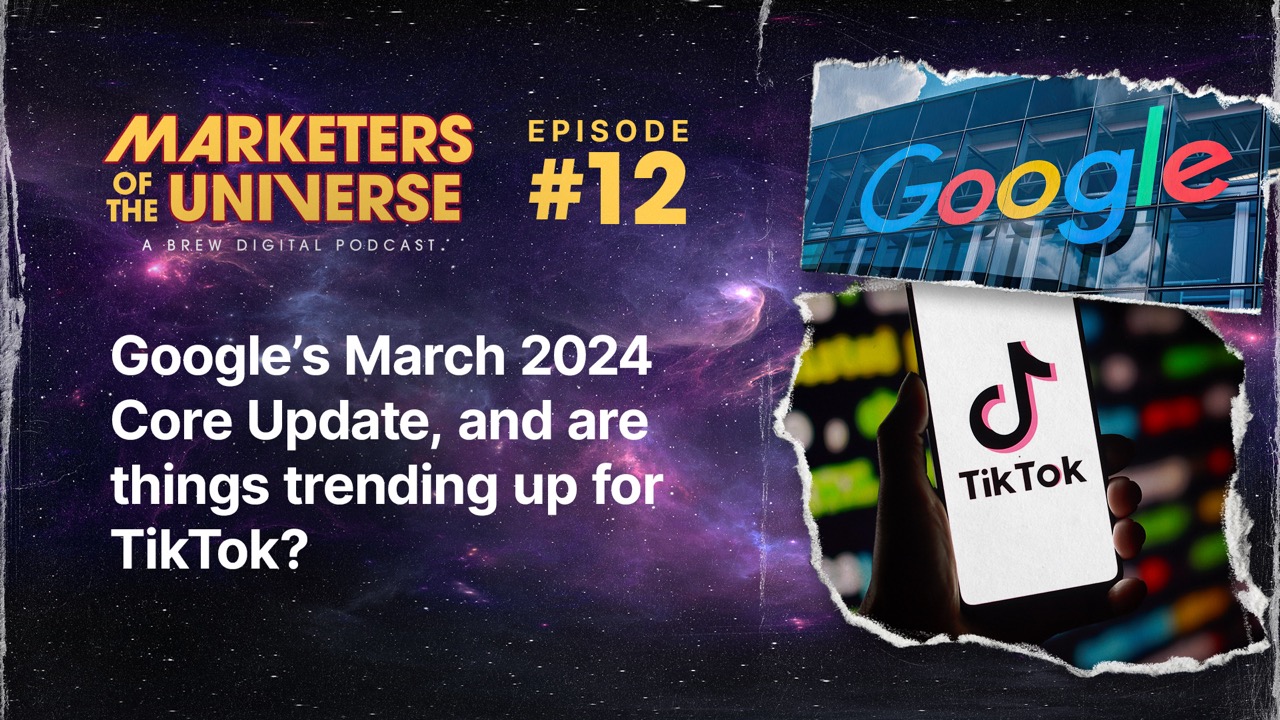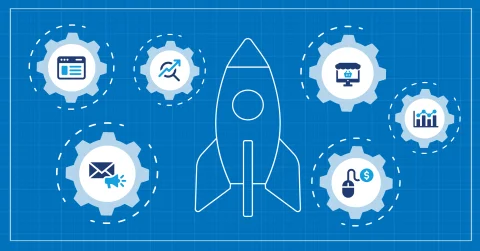Data analytics is a powerful tool for enhancing B2B digital marketing strategies, enabling businesses to make informed decisions and optimise their efforts, and ultimately drive better results. Let's delve into how you can effectively use data analytics in your marketing strategy.
Use data to research and understand your audience
Data analytics provides a window into your audience's world. By analysing data on their behaviours, preferences, and demographics, you can gain valuable insights. What are their pain points? What solutions are they seeking? What content do they engage with most? These insights can guide you in creating targeted campaigns that address your audience's needs and interests, resulting in higher engagement and conversion rates.
Segmenting your audience for personalised marketing
Segmentation is about dividing your audience into groups based on shared characteristics. Data analytics can reveal these characteristics, such as industry, company size, or engagement level. Personalised marketing messages can then be crafted for each segment. This approach ensures your message is relevant to the recipient, increasing the likelihood of engagement. Remember, relevance is key in today's crowded digital landscape.
Optimising campaigns through data-driven adjustments
Data analytics provides real-time feedback on your campaigns. Metrics like conversion rates, click-through rates, and engagement levels can show you what's working and what isn't. This data allows you to make informed adjustments to your campaigns, because as we are forever saying: Digital marketing is never set and forget. You should always be testing and adjusting based on the evidence. For instance, if a particular piece of content is not generating enough engagement, you can tweak the content or try promoting it on a different channel. Continuous optimisation is crucial for improving your campaign performance over time.
Staying ahead with predictive analytics
Predictive analytics uses historical data to forecast future trends. This tool can provide a competitive edge by enabling you to anticipate market shifts and customer needs. For example, if predictive analytics indicates an increasing demand for a particular product or service, you can adjust your marketing strategy accordingly. This proactive approach allows you to seize opportunities before your competitors do.
Refining your lead scoring model with data
Lead scoring is a method of ranking prospects based on their likelihood to convert. Data analytics can help you refine your lead scoring model by revealing patterns in how different types of leads behave. For instance, if data shows that leads from a particular industry are more likely to convert, you can assign higher scores to these leads. This ensures your sales team focuses their efforts on the most promising leads, improving efficiency and conversion rates.
Accurately measuring ROI with data analytics
Finally, data analytics can provide a clear picture of your marketing ROI. By analysing the relationship between marketing spend and revenue generated, you can see which activities are delivering the best return. This information can guide your budget allocation decisions, ensuring your resources are used effectively. Remember, successful marketing is not just about spending money, it's about investing it wisely.
Data analytics has the power to transform your B2B digital marketing strategy. It offers a wealth of insights into your audience, paves the way for effective segmentation, aids in campaign optimisation, forecasts future trends, enhances lead scoring accuracy, and provides precise measurements of ROI. These capabilities can significantly elevate your marketing results. Don't delay in leveraging the potential of data analytics in your strategy.
